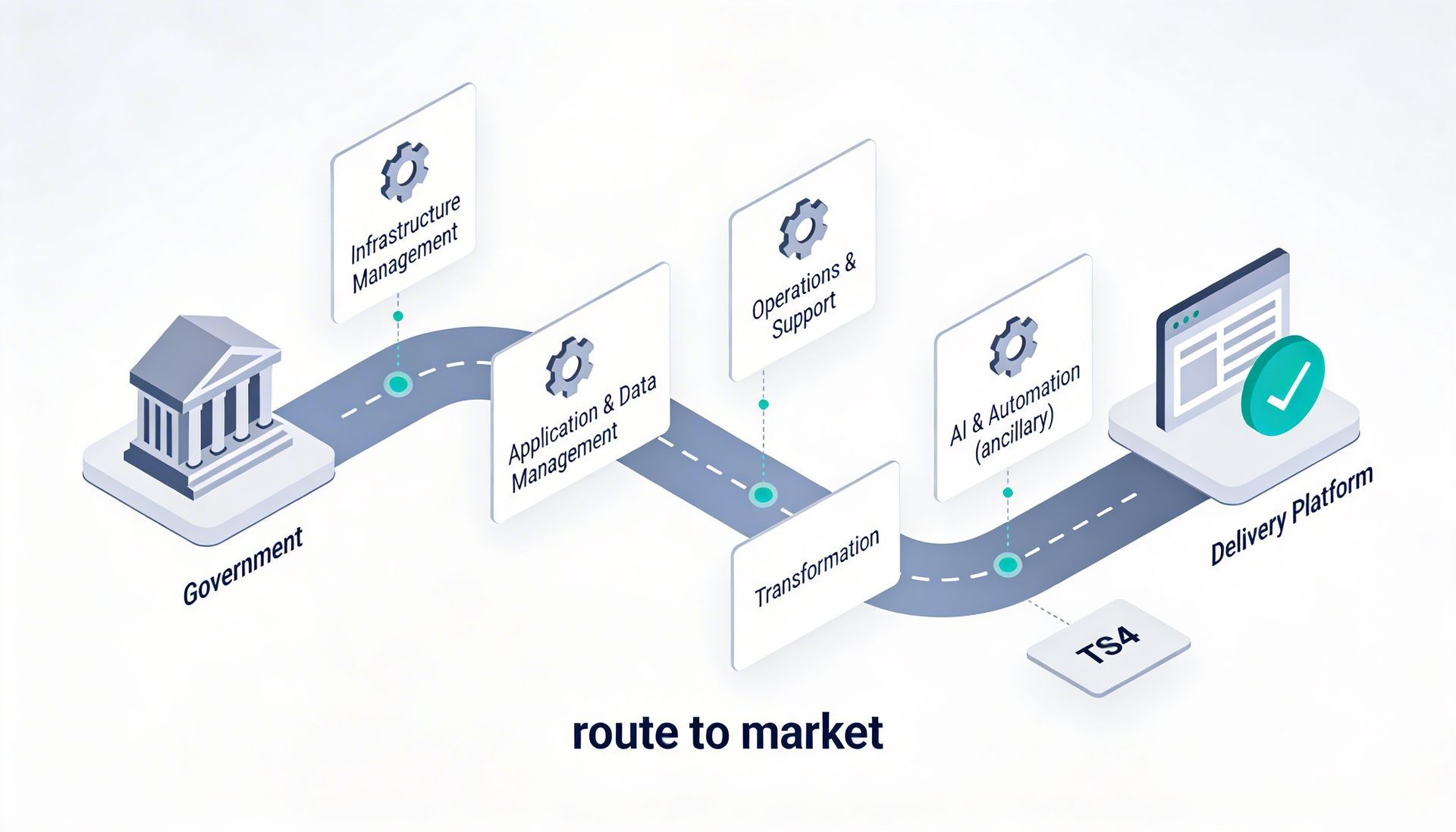What can AI do for your organisation?
Artificial Intelligence (AI) is more than just a buzzword—it's a powerful tool that can revolutionise the way businesses operate. But what exactly can AI do for your organisation?

Let's explore some concrete applications that could transform your operations and impact.
1. Enhanced Decision Making:
AI can analyse vast amounts of data quickly and accurately, providing insights that can inform strategic decisions. SMEs can use AI-driven analytics to make data-backed decisions about inventory, pricing, or market expansion.
2. Improved Efficiency:
AI excels at automating repetitive tasks. This could free up valuable time for your team to focus on more strategic, creative work. For example, AI can handle data entry, generate reports, or manage schedules, allowing your staff to concentrate on tasks that require human insight and creativity.
3. Personalised Stakeholder Engagement:
Whether you're dealing with donors, beneficiaries, or customers, AI can help personalise your interactions. AI-powered systems can analyse individual preferences and behaviours to tailor communications, recommend products or services, or provide personalised support.
4. Predictive Analytics:
AI can help your organisation anticipate future trends and needs. Businesses might use predictive analytics to forecast sales, manage inventory, or identify potential market opportunities.
5. Enhanced Customer Service:
AI-powered chatbots can provide 24/7 customer service, answering common queries and freeing up human staff to handle more complex issues. This can significantly improve response times and customer satisfaction.
6. Fraud Detection:
For organisations handling financial transactions, AI can be a powerful tool in detecting and preventing fraud. Machine learning algorithms can identify unusual patterns that might indicate fraudulent activity.
7. Language Translation:
For organisations working across linguistic boundaries, AI can provide real-time translation services, breaking down language barriers and facilitating communication.
8. Image and Voice Recognition:
These AI technologies have numerous applications, from enhancing security systems to improving accessibility for individuals with disabilities.
9. Optimised Operations:
AI can analyse operational data to identify inefficiencies and suggest improvements. This could lead to cost savings and improved service delivery.
10. Innovative marketing:
AI can help identify potential customers, personalise marketing, and even assist in content writing.
While the potential applications of AI are vast, it's important to remember that AI is a tool to augment human capabilities, not replace them. The most successful AI implementations are those that combine AI's analytical power with human creativity, empathy, and strategic thinking.
Implementing AI in your organisation doesn't have to be overwhelming. Start by identifying specific areas where AI could add value and consider starting with small-scale pilot projects. As you become more comfortable with AI technologies, you can expand their use across your organisation.
Are you ready to explore how AI can benefit your organisation? Altiatech offers a free AI survey to help you understand the potential of AI for your specific needs. Contact us today to start your AI journey.
Ready to move from ideas to delivery?
Whether you’re planning a cloud change, security uplift, cost governance initiative or a digital delivery programme, we can help you shape the scope and the right route to market.
Email:
innovate@altiatech.com or call
0330 332 5842 (Mon–Fri, 9am–5:30pm).
Main contact page: https://www.altiatech.com/contact













